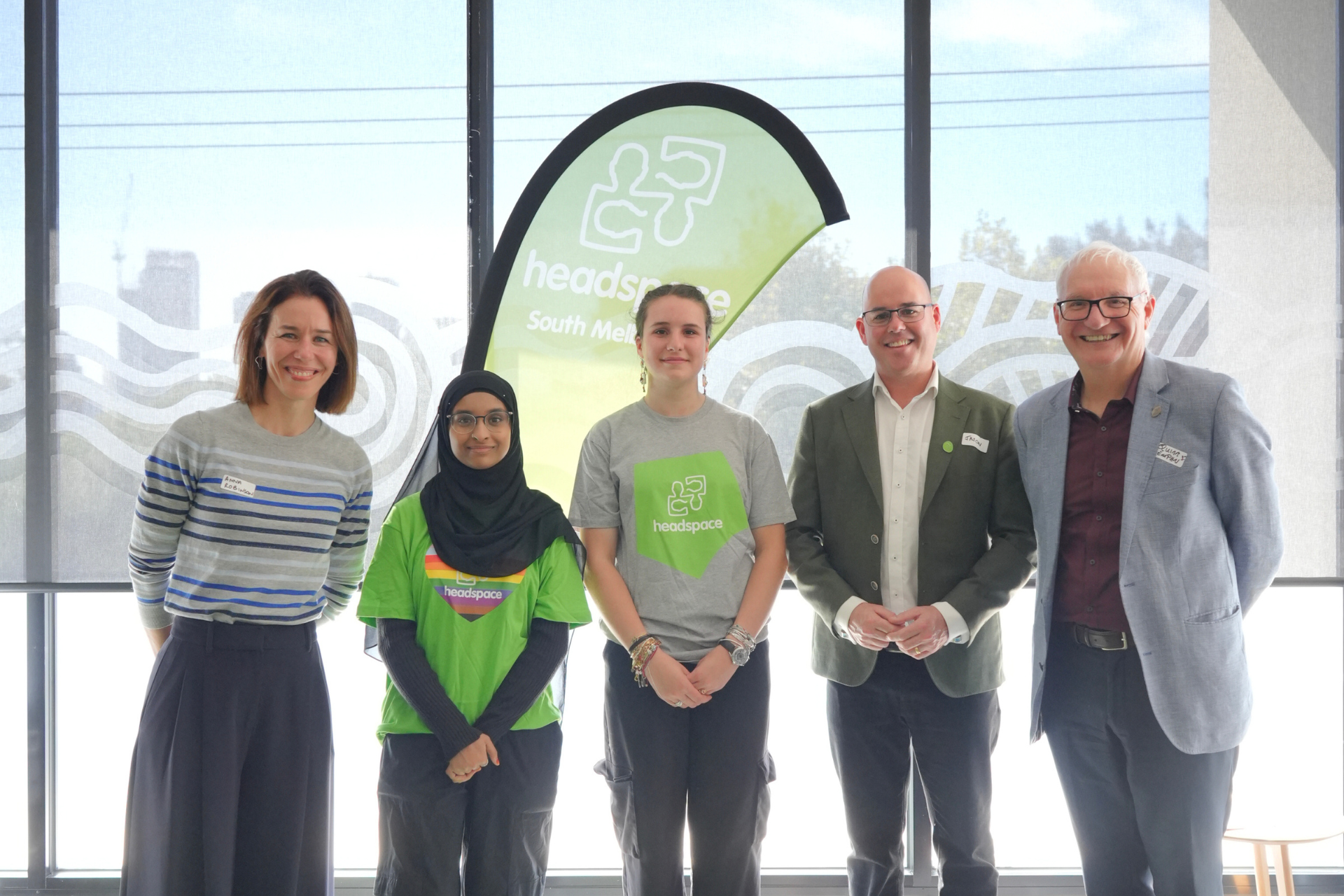General Practice opportunity to be a Priority Primary Care Centre
Home / News & Opportunities / Latest news / Current post
The Victorian Government is establishing five new GP-led Priority Primary Care Centres (PPCCs) to operate after hours and provide care for people with low acuity conditions, for example, mild infections, fractures, and burns. The general practices will provide a viable alternative for people with conditions that require urgent attention but not an emergency response.
The Victorian Government is establishing five new GP-led Priority Primary Care Centres (PPCCs) to operate after hours and provide care for people with low acuity conditions (for example, mild infections, fractures, and burns). The general practices will provide a viable alternative for people with conditions that require urgent attention but not an emergency response.
PPCCs will have diagnostics (pathology and diagnostic imaging) on site or have access to the range of diagnostics to support the assessment and treatment of low risk, primary care type presentations. While the focus for PPCCs is non-COVID related illness, the centres will be able to screen for COVID-19 and provide referrals for COVID positive patients. Services will be available to those with or without a Medicare card, at no cost to the patient, with the fit-for-purpose facility open after hours.
PPCCs will have referral protocols and links with Ambulance Victoria, Nurse on Call, GPs, and emergency departments. Each Priority Primary Care Centre will be partnered with an Emergency Department and located in vicinity of the health service (but not co-located).
Locations for the PPCCs will be based on considerations including Emergency Department demand patterns, existing services and population need.
PPCCs will be based on a hybrid funding model, with the State funding an establishment grant and monthly operating grants. Patient consultations will be billed to the Medicare Benefits Schedule (MBS).
Key Requirements
To be considered for inclusion in the invited submission process, the general practice or community health service with GPs must be able to demonstrate the following:
- Readiness: The clinic can scale up quickly to commence operating as a Priority Primary Care Centre (within four weeks of confirmation of funding)
- Clinical Governance: Practice must be accredited under the RACGP Standards for General practice.
- Insurance: Practices must have insurance including Public Liability and Medical Indemnity (for Practice and each Practitioner).
In addition, the general practice or community health service with GPs will need to be able to demonstrate that they can meet requirements including:
Services offered:
- Assess and treat patients with primary care type presentations such as mild infections, fractures and burns
- Have diagnostics on site (or facilitate easy access to diagnostics) including after hours.
Accessibility:
- Be open after core business hours – up to sixteen hours a day, seven days a week
Workforce
- Have a workforce model including a GP, registered nurse and reception staff
Facilities
- Have facilities including treatment rooms, waiting areas, suitable access for ambulance, pre-booked, walk-in, referrals and telehealth appointments
Note: additional service requirements will be explored in the following invited submission process held by the Victorian Department of Health.
Funding available
General practices that are selected to operate a PCCC will receive:
- a one-off establishment grant to cover the cost of setting up facilities, including minor works, recruitment costs, and procurement of equipment and consumables– up to $150,000 ex GST.
- a monthly operating grant to cover staffing related costs, consumables and facility running costs, to ensure the clinic is open up to 16 hours a day, 7 days a week and staffed appropriately ($180,097 ex GST per month +indexation).
- patient consultations will be billed to the MBS.
Service duration and outcomes
It is anticipated that PPCCs will be operational from July/August 2022 (pending completion of the invited submission process) and operate for fifteen months from the date of commencement. It is anticipated that each PPCC will see approximately 330* patients per week. (*The number of people supported by each Priority Primary Care Centre may vary, depending on location and demand patterns.)
How to register your interest
To be considered for inclusion in the upcoming invited submission process by the Department of Health, please provide a brief overview of your general practice describing how the it meets each of the requirements outlined, via this link https://app.smartsheet.com/b/form/97d31bb17c5e40c09068da5288687519
Important:
- The link will work for anyone however, your application must be completed in one sitting. It will not allow you to save changes so please ensure you have time to complete the application in full.
- Registration of interest does not guarantee an invitation to submit, as further selection criteria may apply.
Please contact livingwithcovid@semphn.org.au if you have any difficulty.
Registrations of interest close 12:00PM (noon) Thursday 26 May, 2022
Submissions will be considered by the Victorian Department of Health from 27 May and applicants will be advised by the Department of Health (not SEMPHN) if they have been selected for inclusion in the invited submission process shortly after.
As of November 2024, Primary Care Clinics have been re-branded as Medicare Urgent Care Clinics (UCCs). Medicare Urgent Care Clinics are commissioned by Primary Health Networks with funding from the Australian Government.
Latest news
South Eastern Melbourne PHN
Contact Us
Site usage
While the Australian Government Department of Health has contributed to the funding of this website, the information on this website does not necessarily reflect the views of the Australian Government and is not advice that is provided, or information that is endorsed, by the Australian Government. The Australian Government is not responsible in negligence or otherwise for any injury, loss or damage however arising from the use of or reliance on the information provided on this website.
SEMPHN acknowledges the Bunurong and Wurundjeri peoples of the Kulin Nation, the Traditional Owners and Custodians of the lands, waters, and skies in which we work. We pay our respects to their Elders past and present. We also acknowledge all First Nations peoples with whom we work. Sovereignty was never ceded!




